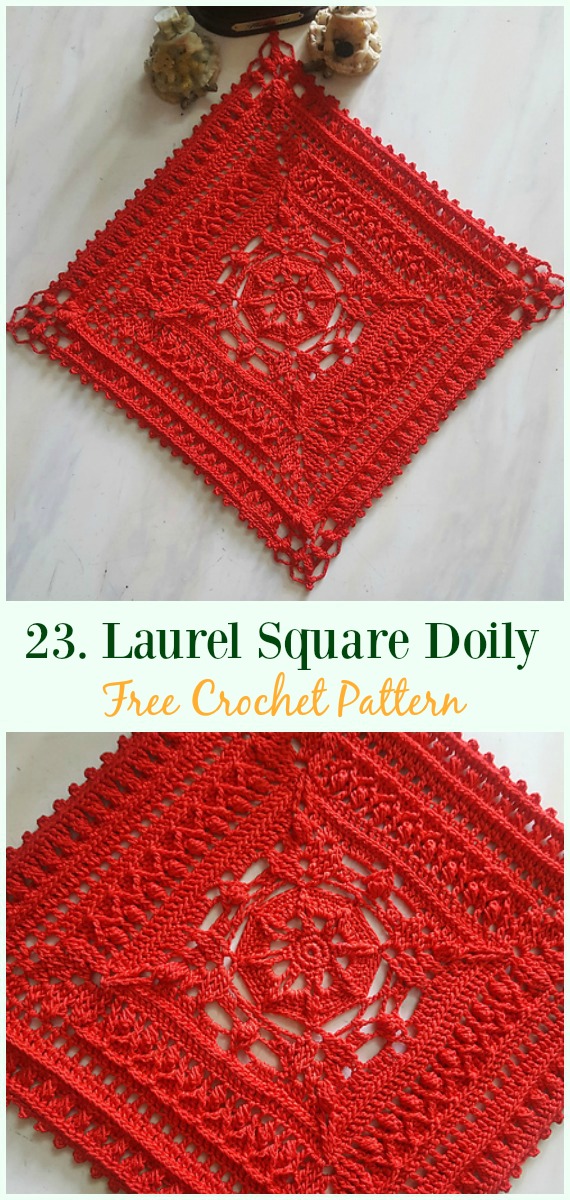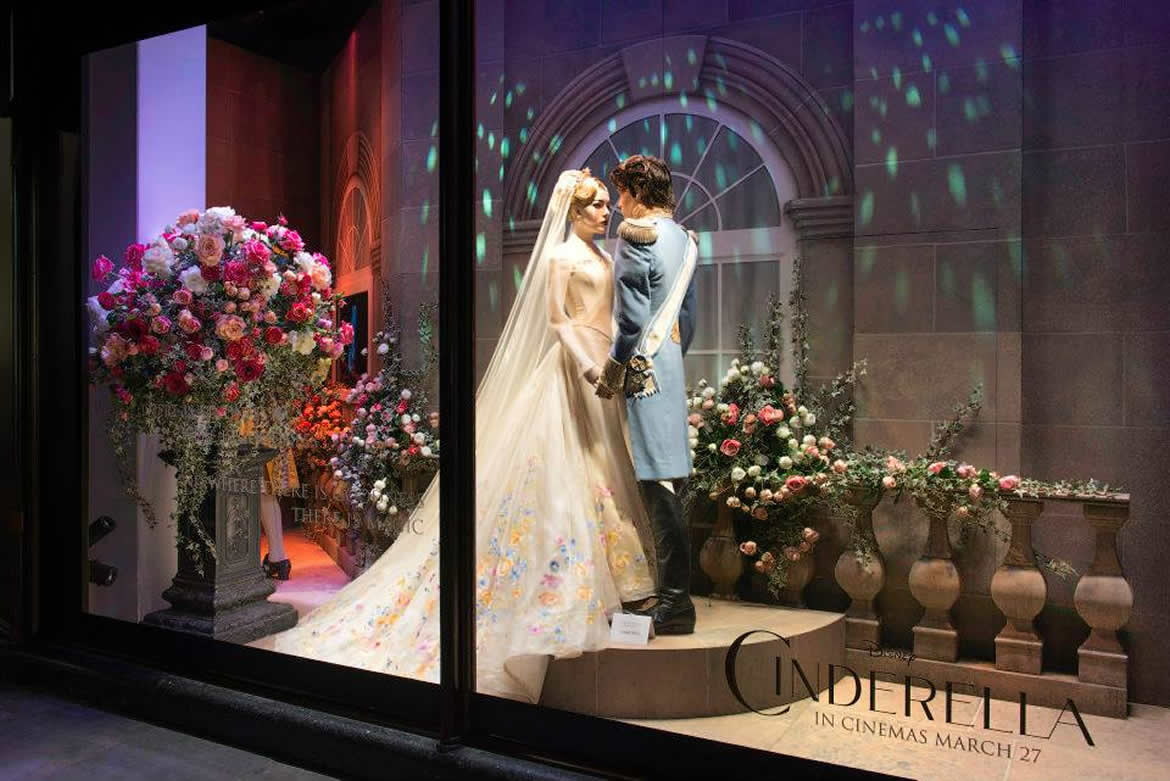Table of Content
The union, representing 450 of Ernst's Seattle area employees, had been boycotting the hardware chain since November 1992 when their contract expired on November 1. The union sued Ernst again in August 1993 for knowingly selling toilets that violate state water conservation requirements. Ernst later announced it would stop selling the specific toilets.

YP advertisers receive higher placement in the default ordering of search results and may appear in sponsored listings on the top, side, or bottom of the search results page. SuperPagesSM - helps you find the right local businesses to meet your specific needs. SuperPages advertisers receive higher placement in the default ordering of search results and may appear in sponsored listings on the top, side, or bottom of the search results page. In November 1992, Ernst filed a lawsuit against United Food and Commercial Workers Local 1001 following several months of union complaints against the retail chain. Union complaints about off-the-clock work and unlawful pay practices prompted the chain to file the lawsuit alleging defamation and consumer protection violations by the union and its legal counsel. In March 1993, the union filed a class-action lawsuit against Ernst, charging the retailer with failing to pay employees for work done on their own time.
Places Near Seattle, WA with Home Improvement Center
"Ernst loses $47 million in quarter - 9 stores to close; expansion plan on hold". "Half interest in Pay 'n Save stores sold to discount-orientated California group". In April 1992, Ernst filed a lawsuit against retailer Wal-Mart claiming the discount chain stole Ernst's registered advertising slogan ("Always the right price. Always."). Ernst asked the court to force Wal-Mart to stop using their slogan and pay unspecified damages to the retailer. In 1893, brothers Charles and Fred Ernst started Ernst Hardware in Seattle, Washington. In 1907, the new company was incorporated as Ernst Hardware and Plumbing Co. and moved to 512 Pike Street in downtown Seattle.

At the same time of the Eagle suit, Ernst went after Pay 'n Save, accusing it of illegal competition for selling nursery products in 15 Washington shopping centers the two retailers operated in. Ernst had contracts with the owners of the 15 shopping centers to be the primary or exclusive seller of nursery products in them. In September 1984, The Trump Group, led by New York investors Julius and Edmond Trump (who are not related to Donald Trump) attempted to acquire Pay 'n Save for $355 million. Pay 'n Save's largest shareholders, Stuart Sloan and Samuel N. Stroum, vowed to fight the sale of the retail company. On September 12, 1984, The Trump Group announced that it had withdrawn its offer to purchase Ernst's parent company in order to negotiate with Sloan and Stroum.
Home Services at The Home Depot
On October 15, 1984, Pay 'n Save was officially sold to the Trumps for $358 million. The future of Ernst was put at risk in May 1985 when Pay 'n Save announced plans to sell off all of its subsidiaries. On November 8, 1985, Pay 'n Save's drugstore chain became controlled by a company equally owned by the Trump Group and a partnership headed by William Zimmerman, owner of California discount chain Pic 'N' Save.
The filing came after Ernst reported a loss of nearly $116 million in the company's past three quarters. On November 12, despite the chain's attempt to remain in business, Ernst announced it would close its remaining 53 stores and sell off the remainder of its operations. At the time, Ernst was operating 53 stores in six U.S. states and had about 2,000 full and part-time employees. Ernst began its final going-out-of-business sale on November 23.
Water Concepts, a Kohler Registered Showroom
Three months later, Ernst sued another retailer, Seattle-based home improvement chain Eagle Hardware & Garden, for unfair competition and violation of the state's Consumer Protection Act. The company claimed Eagle's comparisons of prices for various products were false and deceptive. Eagle, in turn, accused Ernst of also misleading consumers with its advertising and defamation for suing Eagle just before the newly formed company went public. We truly strive to be your complete and total resource for any and all hardware needs.

Ernst later delayed their initial stock offering, but later resumed their offering and went public in September 1994. 2,000ParentPay 'n SaveSubsidiariesMalmo NurseryErnst Home Centers, Inc. was a chain of home improvement retail stores founded in Seattle, Washington, United States. Ernst was started in 1893 by Seattle brothers Charles and Fred Ernst and in 1960 became a division of Pay 'n Save, one of the largest retail companies in the Northwest. After a 1984 takeover of Pay 'n Save, Ernst was sold off and went public in 1994. Following several highly publicized lawsuits and a failed attempt to open larger stores, the company filed for Chapter 11 bankruptcy in 1996 and liquidated in early 1997. At the company's peak, it operated 95 stores in 12 western U.S. states.
Places Near Seattle, WA with Home Improvement Store The
The sale left Pay 'n Save with 69 Ernst stores, three Yard Birds stores and wholesaler Northwestern Drug Co. In January 1986, Pay 'n Save was renamed Seattle Standard Corp. In March 1986, Hal Smith, former president of Irvine, California-based Builders Emporium, succeeded Mike Rouleau as president and CEO of Ernst. In January 1996, Ernst reported a $47.6 million loss in its fourth-quarter, nearly twice what the retailer made in the past four years. At the same time, Ernst announced the cancellation of plans for 13 new stores and the closure of nine stores. On July 12, 1996, Ernst filed for Chapter 11 bankruptcy and announced the closure of 25 stores.
Lamont Bean, president of Seattle-based drugstore chain Pay 'n Save, expressed the possibility of operating non-drugstore businesses. Bean later took interest in Ernst and, in February 1960, came to an agreement with Fred Ernst to buy his nine hardware stores. Two years later, Pay 'n Save acquired Malmo Nursery and began opening Ernst-Malmo combination stores; combining hardware, lumber, garden supplies, and nursery items in one building. Charles Malmo, an immigrant from Norway, founded a seed store on Second Avenue in Seattle in 1893.
YP - The Real Yellow PagesSM - helps you find the right local businesses to meet your specific needs. Search results are sorted by a combination of factors to give you a set of choices in response to your search criteria. “Preferred” listings, or those with featured website buttons, indicate YP advertisers who directly provide information about their businesses to help consumers make more informed buying decisions.

Malmo was credited with being first in the Northwest to propagate and grow his own nursery stock rather than import ornamental shrubs from Japan, the Netherlands and England. In 1930, he opened the first "garden department store" on the Pacific Coast, selling all that was needed for the "most elaborate garden, from seeds to large trees," as he humbly asserted during the opening festivities. His son Clark bought 30 acres to cultivate at the present site of University Village shopping mall.
Needs to review the security of your connection before proceeding.
Many of the mature yards surrounding old Laurelhurst homes in Seattle today were the work of the Malmos. In 1962, the Malmos sold their business to Ernst Hardware and Pay 'n Save stores and became a wholly owned subsidiary. In June 1994, Ernst announced plans to go public and to raise $50 million through a stock sale to open 55 superstores over the next three years. The company began opening the superstores, averaged at 60,000 square feet , in 1991. At the time, Ernst was operating 77 stores in eight U.S. states.

No comments:
Post a Comment